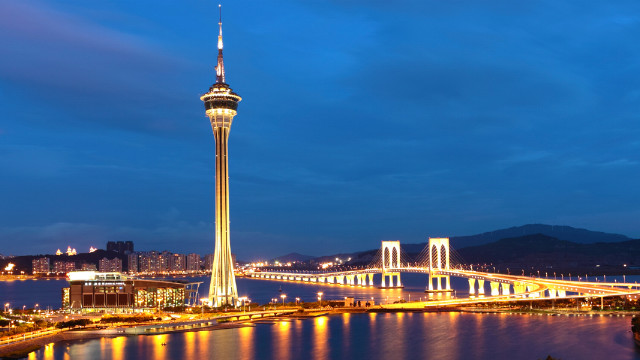
Francis McInerney is convinced Apple will buy Disney. (Andrew Burton/Getty Images)
Apple’s success has started to become a problem. The company’s revenue and profits have grown so fast that it’s difficult for it to find new markets that will be large enough to ensure its revenues continue growing.
Apple has introduced a stock dividend and bought back shares to appease investors who question whether the world’s largest technology company by market capitulation is still a growth company.
Apple is expected to release a smartwatch this fall, which should provide a boost. But Francis McInerney, a consultant at North River Ventures, has another idea for how Apple can keep growing. Why not buy Disney?
“The logic is so great this could happen tomorrow,” McInerney said. “The two companies have an identical way of thinking in complementary markets. There’s nothing they do that competes with another. And yet combined this would be a powerhouse deal in the imagining.”
Although an Apple-Disney union has been the subject of Wall Street speculation for years, McInerney believes the shift of content to the cloud will force Disney to act.
“This changing structure, this Gutenberg-like tectonic shift in human behavior based on the cloud’s ability to offer unlimited computing at marginal cost, says to Disney, ‘We’ve got to be on the platform to grow in the new space,’ ” McInerney said.
His argument doesn’t draw from any inside information of either company, just his own analysis of their cultures, their tendency to prepare well for the future and their needs to remain profitable.
McInerney imagines the two combined as a “Netflix on steroids,” in which Apple would benefit from finding ways to monetize Disney’s content offerings, and Disney would have a safe and profitable place in the emerging, unbundled world of TV and video to peddle its wares. Having Disney under the Apple umbrella would also be an asset if Apple ever launches a television set, which has been suggested for years but may not become a reality.
At the same time, there are plenty of good reasons to think this deal will never happen. Apple rarely makes splashy acquisitions. The $3 billion it recently paid for Beats is the company’s largest acquisition. Disney’s market cap is $143 billion, and its shareholders would expect a premium on top of that price. Apple currently holds $151 billion in cash and marketable securities, but the majority of that is offshore and would be taxed if brought back to the United States. Another question mark would be ensuring regulators approve the acquisition.
Both Apple and Disney did not respond to requests for comment.
McInerney — who calls this potential deal “frighteningly obvious” — is quick to point out that Disney chief executive Bob Iger sits on Apple’s board of directors. The companies appear friendly, but expecting them to join forces still looks like a giant leap.





